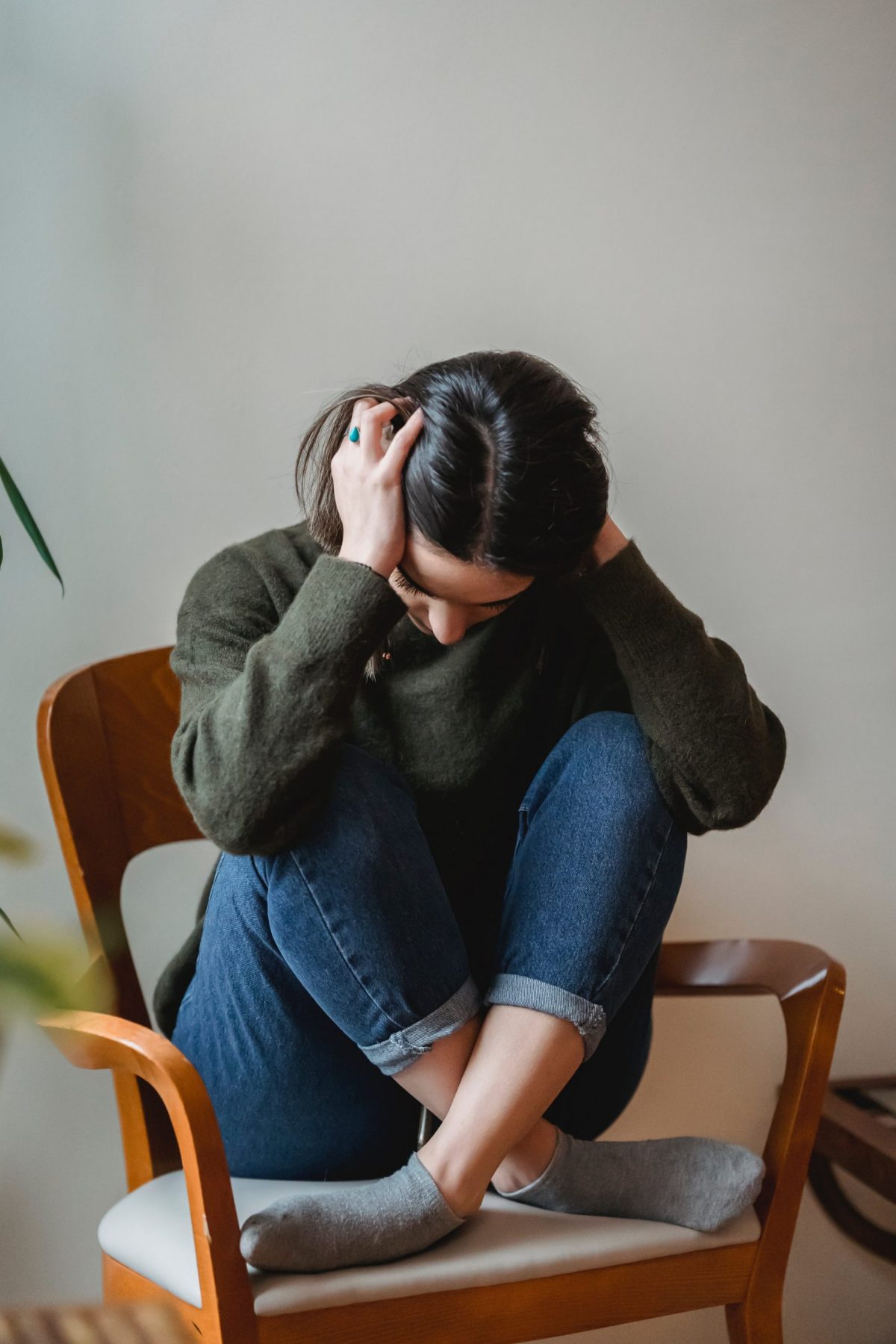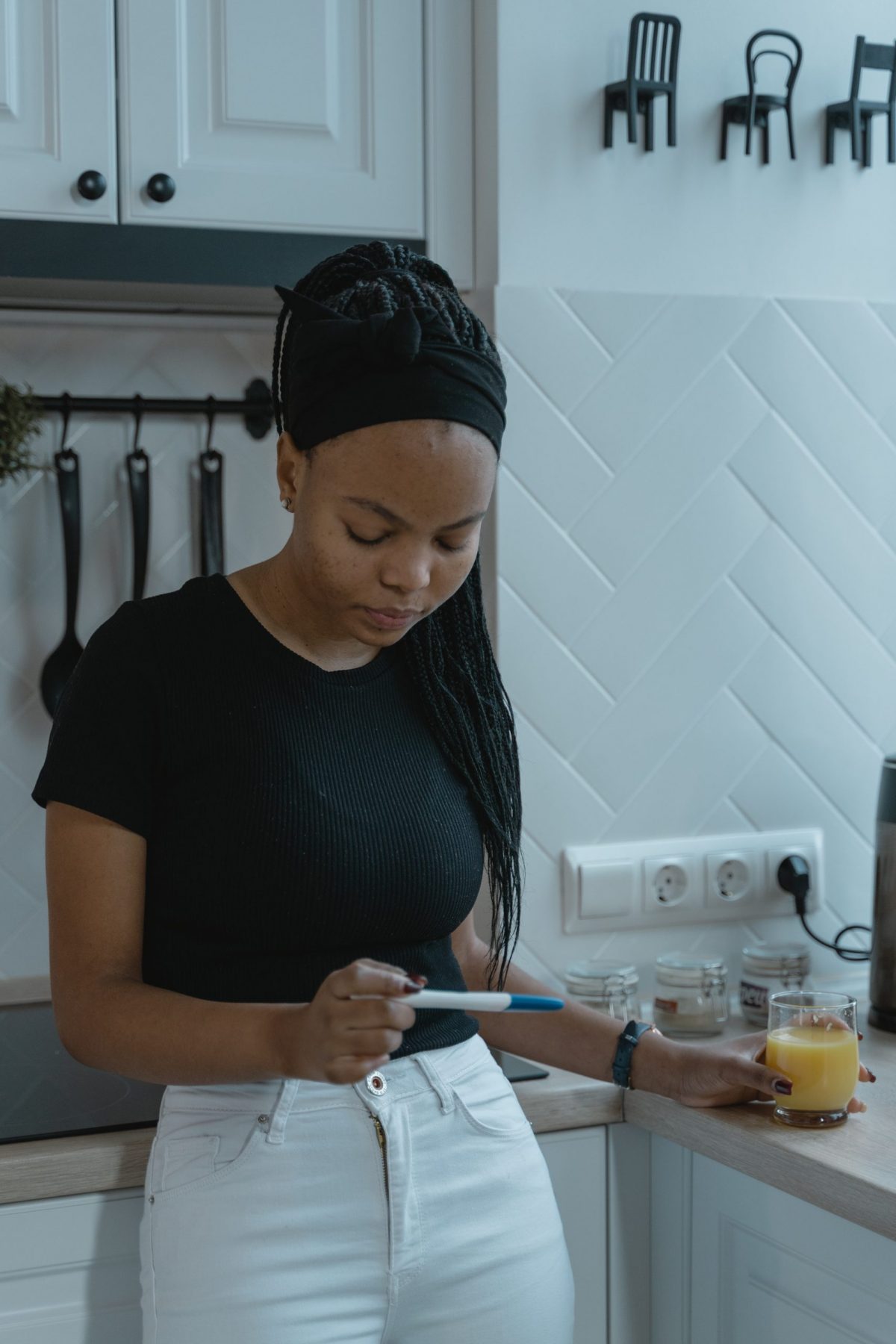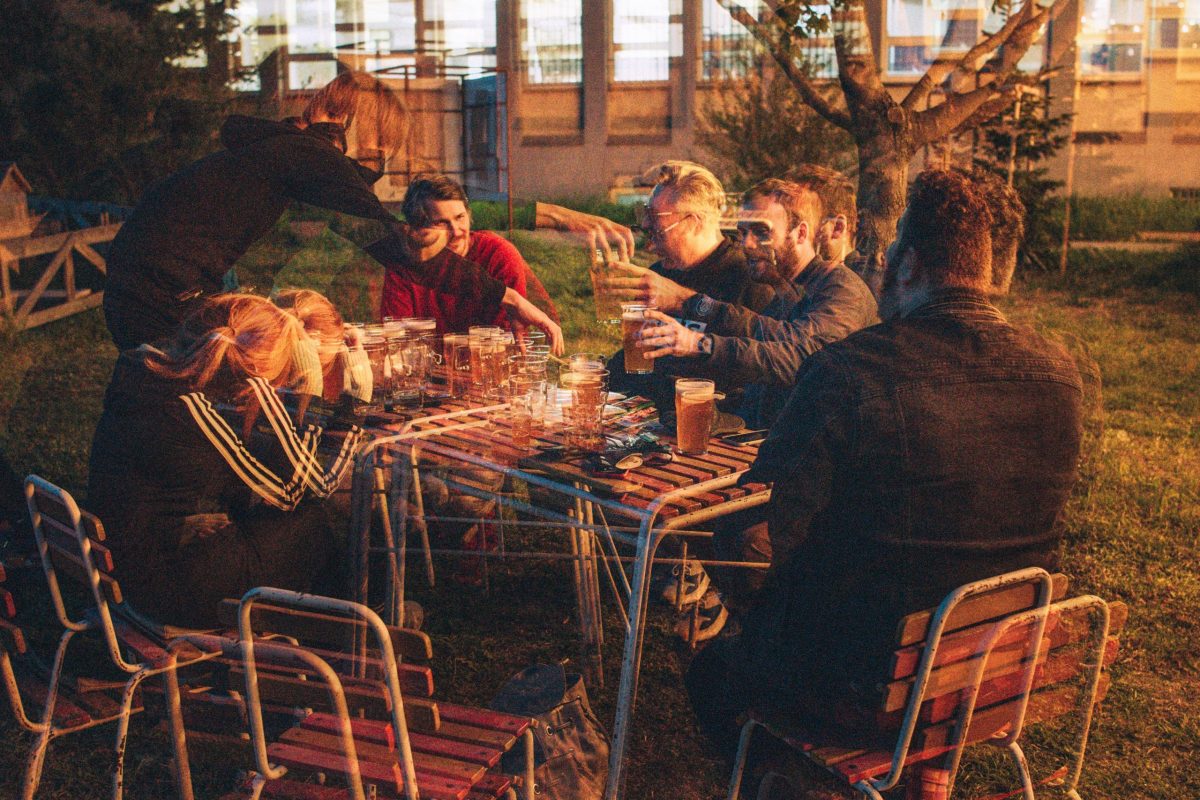When a relationship breaks down, it can be very difficult to cope with. For many people the stress of divorce, separation or a breakup can have a massive impact on their lives. They often experience feelings of grief as well as wondering how long it will be before they find love again and if they should just give up on relationships altogether. However, there are ways of coping with the loss of a relationship which can help you get through this difficult time in your life and help you move on as quickly as possible.
Feelings associated with relationship breakdowns
When you’re going through a relationship breakdown, it is completely normal to feel sad, depressed, disappointed and angry. You might resent your ex for leaving you or being the cause of the breakup. You could also feel anxious about what will happen next in your life and nervous about whether or not you’ll find someone else as good as them again.
This is often made worse by the loneliness you feel because they were always around when you were together – now that they’ve gone there’s no one around and your life has completely changed. If you were in your relationship for a long time, this means that your routines, your habits, what you did every day and every weekend has gone and now you may feel uncertain about what the future holds. So, you are not just grieving the end of the relationship; tied in with that is the grief you feel for the loss of normality, stability, even your future plans that you may have made together.
How to cope with your feelings
The first thing to do is to try to accept your feelings. Understand that you will grieve for a period of time and that it is natural. It’s not healthy to bottle up your emotions or try to ‘put a brave face on’. Allowing yourself to grieve now will mean that when your grief subsides, you can start to heal and focus positively on the future.
Most people turn to their family and friends for support. You may feel like crawling under the duvet and staying there, but spending time with the people you hold dear will give you the time to talk about your feelings: to cry, to get angry and vent your frustration with the support of someone who cares about you.
At this time, you should practice self-care. This way, as you work through your grief, if you are eating well, sleeping well and getting regular exercise, you will be more able to think rationally about your situation and focus on the future. Exercise is proven to help with mental health, but this doesn’t mean relentlessly hitting the gym – just going for a walk with a friend will give you the same benefits, as well as having someone to talk to at this difficult time.
It may also be an idea to consider the positive aspects of your situation. You could reconnect with old friends, take up a hobby you used to do or try something you’ve always wanted to try. You may then start to see the positive aspects of your breakup, which will, in time, help you through your grief.
It can be difficult to cope with the loss of a partner and all of the emotions that come along with it, but there are many ways in which we can support ourselves during this time. We encourage you to seek out friends or family members who will listen to what’s going on in your life without judgement or criticism; they may even have some helpful advice about how best manage these feelings!
If you are struggling with a relationship breakdown, I am here to provide confidential, non-judgemental counselling in Beaconsfield and online. Get in touch to arrange an initial consultation at a time that suits you.









